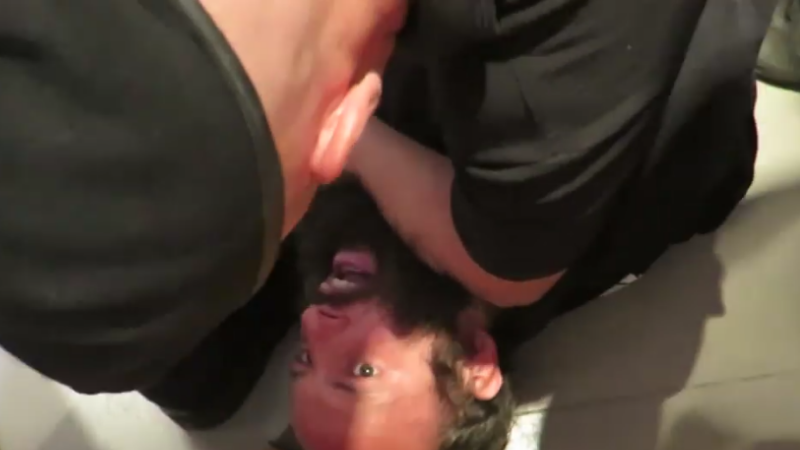Malta has come under criticism for the “inefficiency” of its anti corruption institutions, and the “pro government bias in the State media”, according to the US-based Freedom House country report.
While Malta is ranked as “free”, it loses points in several key areas including political rights, overall freedom and even civil liberties, which the Party in government considers as flagship credentials.
Malta scores below most of Western Europe, in the 2019 Freedom House report that noted “a global decline in democracy”. The ranking was published in February but it is only now that the country report has been made available.
Malta lost a point on its 2017 score on political rights and civil liberties, dropping to 35 out of a possible 40. While its electoral process was deemed to be free and fair, political pluralism was also found to be lacking.
Echoing the sentiments of the Reporters Without Borders Press Freedom Index Report, Freedom House states that “the ruling party benefits from pro government bias in the State media”, adding that small parties find it difficult to compete.
The murder of Daphne Caruana Galizia was described as “adding a new level of physical danger to the work of journalists in Malta, particularly those investigating political corruption.”
The report notes that the trial of the men implicated in her murder was still ongoing – it is not. The trial has not yet started, since the process is still at the stage of compilation of evidence more than a year after they were arrested. This means the situation is worse than Freedom House’s assessment.
In recent years, the influence of powerful economic interests donating to political parties had increased, according to the report which refers to seven-figure donations from the construction industry. Both of the main parties came under fire in this section, but the report notes that the Labour Party in government has “favoured the construction and land development industries in its policies”.
Specifically, the report notes the controversial DB Group project in St George’s Bay, with Freedom House referring to it as a “close relationship with powerful economic interests”.
Malta lost another point on the functioning of government. The country scored poorly in terms of adequate safeguards against official corruption – making reference to the Panama Papers, and allegations of kickbacks to the Prime Minister’s chief of staff Keith Schembri and Minister Konrad Mizzi.
Government transparency was another problematic factor in the report, referring to the failure to publish important details of large public contracts, and for rejecting almost half of all Freedom of Information requests between 2015 and 2017.
The government also failed to publish a list of publicly exposed persons (PEPs), including government officials, who held Swiss bank accounts. The Prime Minister had promised to do so in 2015 after the Swiss Leaks scandal.
The Venice Commission report and “shortcomings in Malta’s anti corruption framework and procedures for judicial appointments, as well as inadequate checks and balances to constrain the Prime Minister,” were also observed.
In terms of personal autonomy and individual rights, Malta lost points for the widespread problem of domestic violence, as well as migrant vulnerability for sex trafficking and forced labour.













